MENU

Back to home
DAVID POTTS, ORDER PREP MANAGER AT L’OREAL
Load Stability
When L’Oréal’s Trafford Park distribution center faced a challenge to reduce plastic waste in 2020, Dave Potts, Order Prep Manager, turned to Castle Industrial Supplies for a solution. By leveraging Castle’s expertise in load stability and packaging analysis, L’Oréal achieved remarkable results: a 50% reduction in shrinkwrap usage, equating to 13 tons of plastic saved annually, and a nearly 50% reduction in costs.
Discover how Castle’s tailored approach not only met L’Oréal’s sustainability goals but also enhanced operational efficiency and quality, setting a benchmark for distribution centers worldwide.
REDUCE PLASTIC USAGE
IMPROVE QUALITY AND EFFICIENCY
ACHIEVE COST SAVINGS
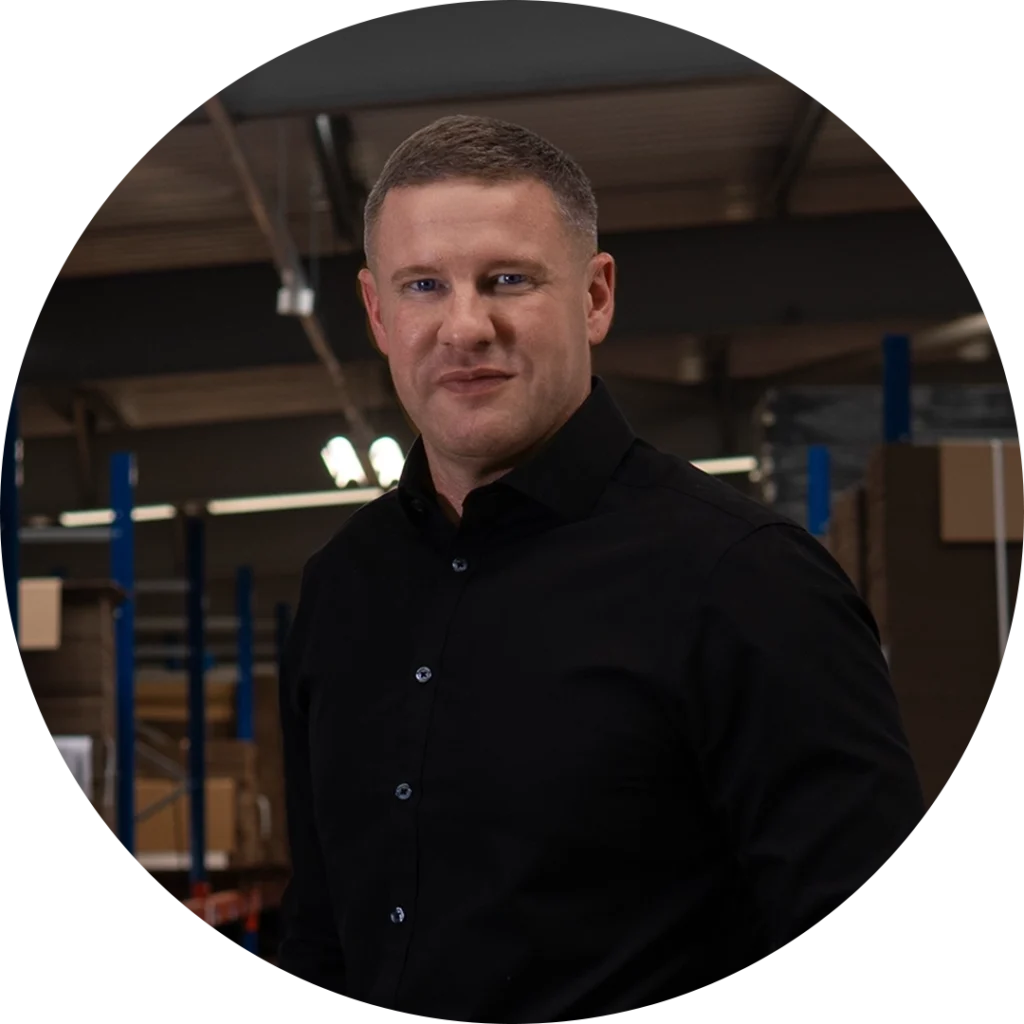
Ben Thompson
TECHNICAL MANAGER

JAMIE HOLROYD
ACCOUNT MANAGER
In 2020, L’Oréal set a clear objective: eliminate or substantially reduce plastic consumables. This initiative was critical at their Trafford Park site, a major hub dispatching over 230,000 pallets annually. Recognising that shrink wrap was their primary plastic waste contributor, they partnered with Castle Industrial Supplies, seeking expertise in load stability and plastic reduction. Castle’s comprehensive stability analysis led to a switch to a thinner, more efficient nanowrap, slashing plastic usage by 50% and simultaneously enhancing the quality and cost-effectiveness of their wrapping process. This move exemplifies a significant stride towards sustainable operational practices.

Written by
Kamila Skrzypek
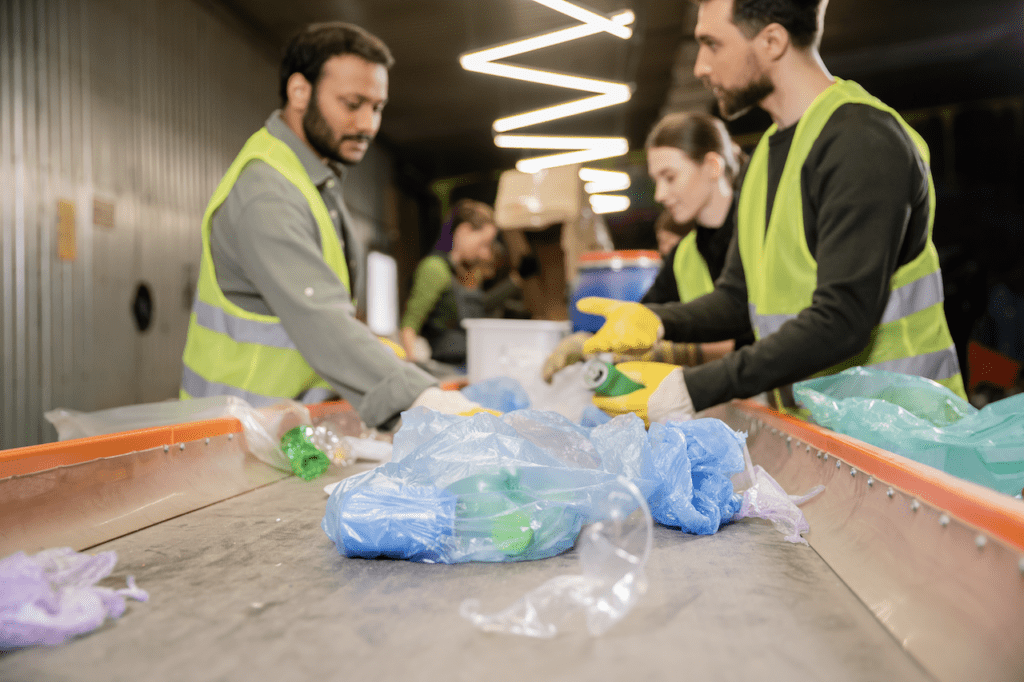
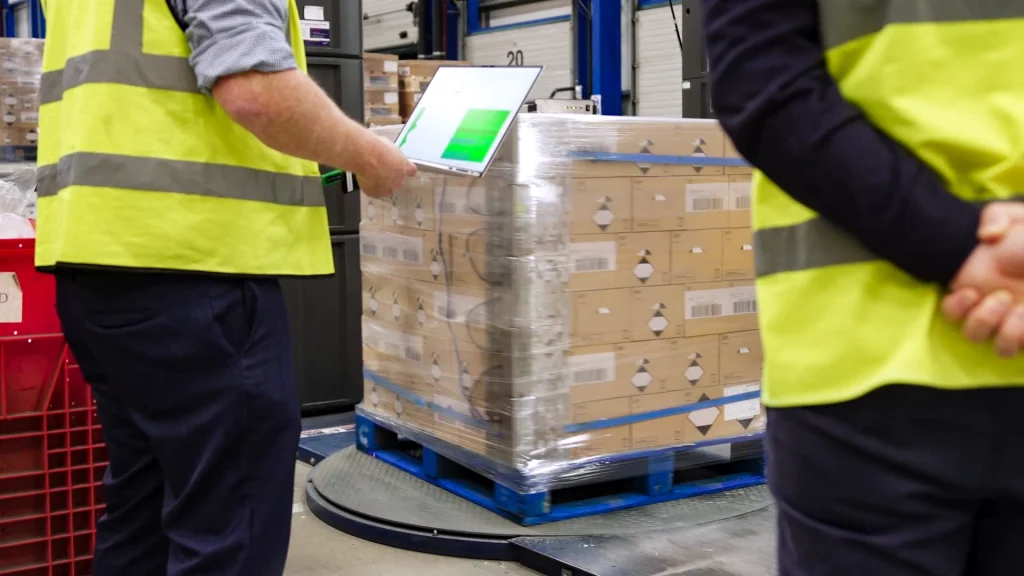
Faced with the challenge of reducing plastic waste, L’Oréal turned to Castle for their expertise in load stability and packaging efficiency. Castle conducted a detailed stability analysis at L’Oréal’s Trafford Park site, which led to the adoption of a 10 micron nanowrap, effectively reducing plastic usage by approximately 50%. This partnership not only achieved significant environmental benefits but also enhanced operational efficiencies. Castle’s responsiveness and commitment to innovation proved invaluable, enabling L’Oréal to achieve both substantial plastic and cost reductions while maintaining product safety and quality.

Written by
Jamie Holroyd
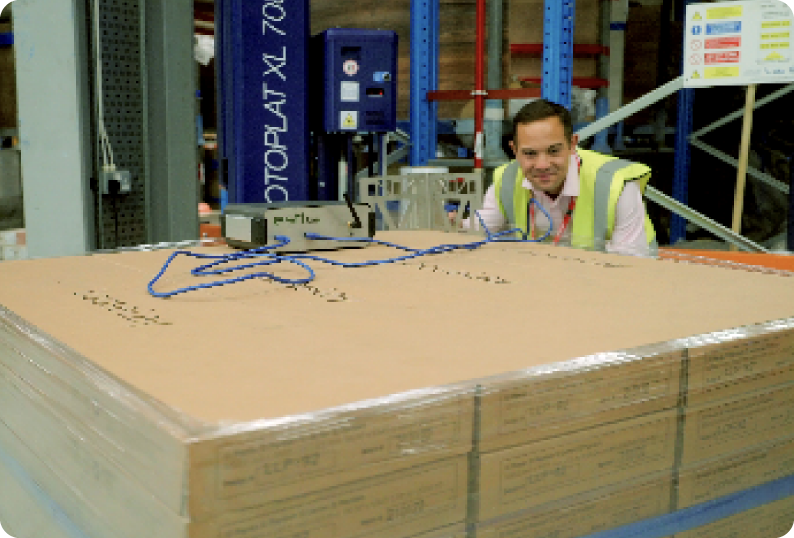
By transitioning to a 10 micron nanowrap, L’Oréal managed to cut their plastic usage by about 50%, eliminating 13 tons of plastic annually. This strategic change not only aligned with their sustainability goals but also brought considerable cost benefits, nearly halving their expenditure on shrink wrap. The improved quality of the nanowrap ensured that all delivered batches were usable without defects, further enhancing operational efficiency. The case study emphasizes the dual benefits of this initiative, showcasing how environmental responsibility can go hand-in hand with financial savings, thus setting a precedent for other sites and encouraging global adoption within the company.

Written by
Aaron Entwistle
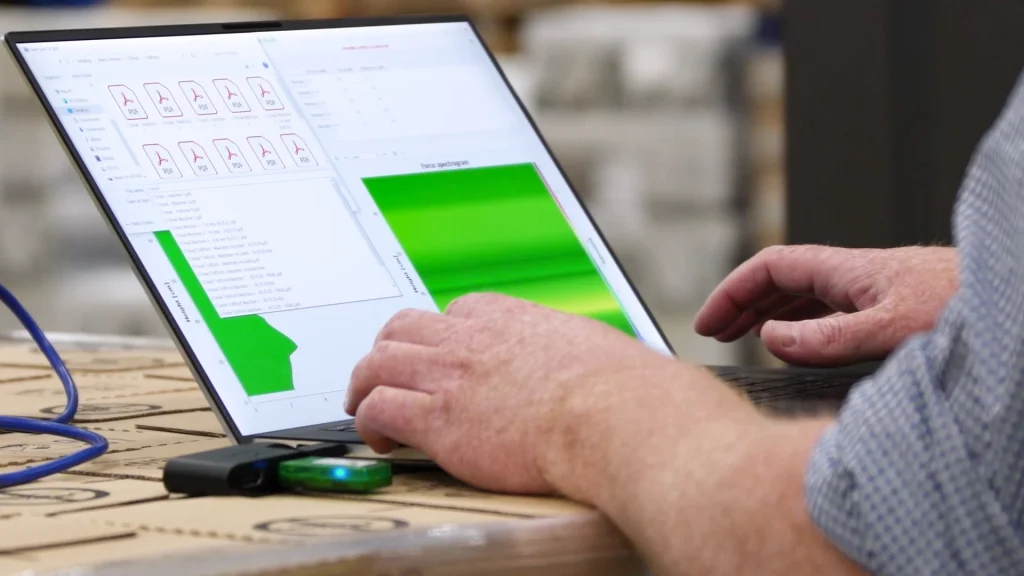
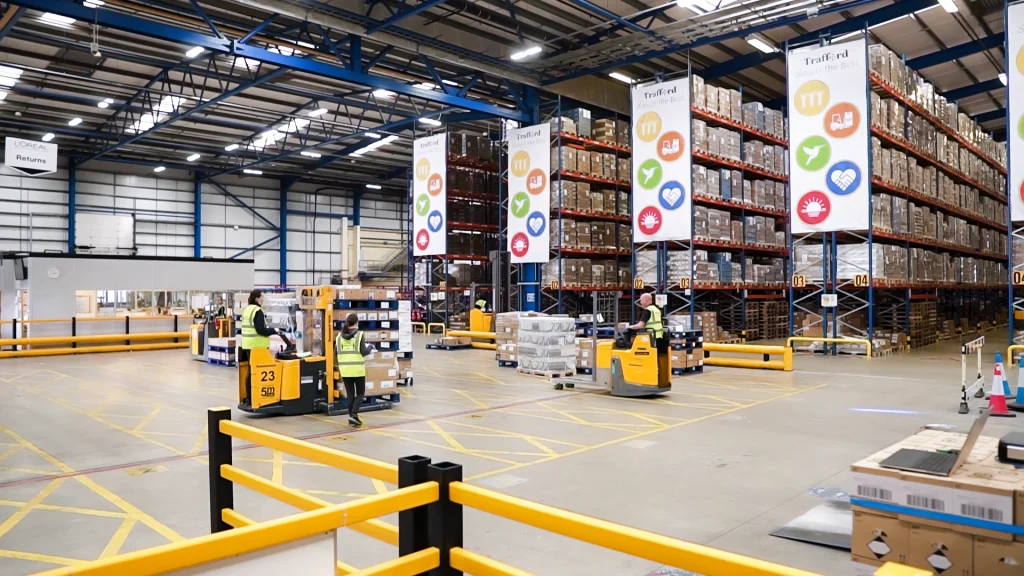
By successfully implementing significant plastic reductions and achieving notable cost savings through its partnership with Castle Industrial Supplies, L’Oréal has established a benchmark for its global operations. The adoption of a 10 micron nanowrap not only addressed the urgent need to reduce plastic waste but also demonstrated substantial improvements in operational efficiency and cost-effectiveness. This success story has inspired L’Oréal to recommend Castle’s innovative solutions to its other UK distribution centers and extend this practice to its international facilities. The company’s proactive stance in integrating sustainable practices across its supply chain underscores its commitment to environmental stewardship and positions L’Oréal as a leader in corporate sustainability. This initiative not only meets current environmental goals but also sets a forward-thinking standard for the industry worldwide.

Written by
Ben Thompson

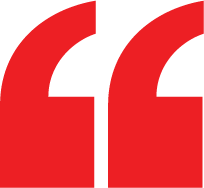



David Potts
Order Prep Manager


By switching to 10-micron nano wrap, L’Oréal reduced plastic usage by half, saving approximately 13 tons of plastic per year.
To immediate switch from 15-micron wrap cut plastic sage by a third, before additional stretching optimization.
Achieved a significant financial benefit, cutting their shrink wrap spend in half while maintaining quality and load stability.